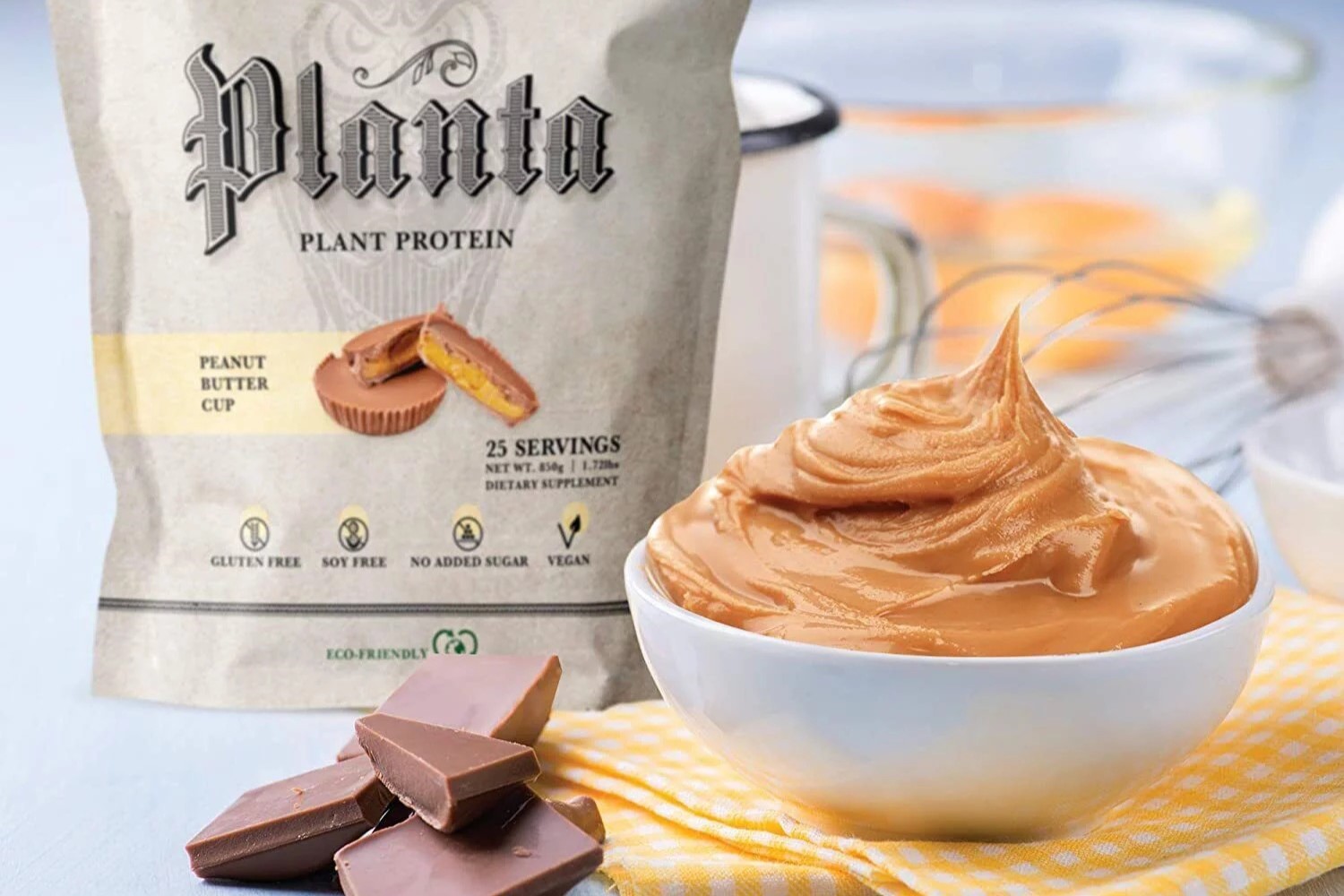
When it comes to maintaining a healthy and balanced diet, ensuring an adequate intake of protein is essential. For individuals following a plant-based diet, finding quality sources of protein can sometimes be a challenge. However, with the rise in popularity of plant-based diets, there has been an increase in the availability of plant protein options.
In this article, we will explore 19 plant protein nutrition facts to help you make informed choices about incorporating plant-based proteins into your diet. From the protein content to the essential amino acids they provide, we will delve into the nutritional benefits of various plant-based protein sources. Whether you are a vegan, vegetarian, or simply looking to include more plant-based options in your meals, understanding the nutritional profile of these protein sources will help you meet your dietary needs while enjoying a variety of delicious and nutritious foods.
Key Takeaways:
- Planta protein is a complete, easily digestible, and cholesterol-free protein source, making it a great option for vegans, athletes, and those with dietary restrictions. It supports muscle recovery, weight management, and a healthy immune system.
- Planta protein is allergen-friendly, rich in fiber, and low in saturated fat. It promotes satiety, aids in reducing inflammation, and supports healthy bones and teeth. Plus, it’s eco-friendly and free from artificial additives and GMOs.
Planta protein is a complete protein source.
Derived from a blend of plant-based sources, Planta protein contains all nine essential amino acids, making it a complete protein source that is comparable to animal-based proteins like whey or casein.
Planta protein is easily digestible.
Unlike some other plant-based proteins, Planta protein is highly digestible, which means that your body can efficiently absorb and utilize the nutrients it provides.
Planta protein is cholesterol-free.
Since Planta protein is derived from plants, it naturally contains no cholesterol. This makes it an excellent choice for individuals looking to maintain or improve their heart health.
Planta protein is rich in fiber.
Planta protein contains a good amount of dietary fiber, which not only helps with digestion but also promotes feelings of fullness and aids in weight management.
Planta protein is low in saturated fat.
Compared to many animal-based protein sources, Planta protein is significantly lower in saturated fat, which is beneficial for maintaining a healthy cardiovascular system.
Planta protein is suitable for vegans and vegetarians.
As a plant-based protein, Planta is an ideal choice for those following vegan or vegetarian diets, offering a viable alternative to animal-derived proteins.
Planta protein is allergen-friendly.
With no gluten, dairy, soy, or other common allergens, Planta protein is a suitable option for individuals with dietary restrictions or allergies.
Planta protein supports muscle recovery and growth.
The amino acids in Planta protein help repair and rebuild muscle tissues after exercise, making it an excellent choice for athletes and those engaging in regular physical activity.
Planta protein promotes satiety.
The high protein content in Planta protein can help you feel fuller for longer, reducing cravings and aiding in weight management or weight loss goals.
Planta protein is rich in antioxidants.
Some plant-based protein sources used in Planta protein, such as pea protein, contain antioxidants that help protect cells from oxidative stress and promote overall health.
Planta protein is free from artificial additives.
Planta protein is formulated without the use of artificial flavors, colors, sweeteners, or preservatives, providing a clean and natural protein option.
Planta protein is versatile in use.
Planta protein can be easily incorporated into various recipes and beverages, including smoothies, shakes, baked goods, and savory dishes, offering flexibility in meal planning.
Planta protein is eco-friendly.
Choosing plant-based protein like Planta contributes to a more sustainable food system by reducing the environmental impact associated with animal agriculture.
Planta protein supports a healthy immune system.
The amino acids and vitamins in Planta protein play a vital role in maintaining a strong immune system, helping to fight off infections and prevent illness.
Planta protein aids in reducing inflammation.
Some plant sources used in Planta protein, such as hemp protein, have anti-inflammatory properties, which can benefit individuals with inflammatory conditions.
Planta protein supports healthy bones and teeth.
Planta protein contains essential minerals like calcium, magnesium, and phosphorus, which are crucial for maintaining strong bones and teeth.
Planta protein promotes optimal digestion.
The digestive enzymes naturally present in Planta protein help break down proteins and support healthy digestion and nutrient absorption.
Planta protein is free from GMOs.
Planta protein is sourced from non-GMO (genetically modified organism) plants, ensuring a clean and natural protein option.
Conclusion
In conclusion, these 19 planta protein nutrition facts highlight the incredible benefits of incorporating plant-based protein into your diet. Whether you are a vegetarian, vegan, or simply looking to diversify your protein sources, plant-based proteins offer a multitude of advantages. Not only are they rich in essential amino acids and nutrients, but they also support muscle growth, aid in weight management, and contribute to overall health and well-being. From legumes and nuts to seitan and tofu, there are numerous options available to ensure you meet your protein intake requirements while enjoying a diverse and sustainable diet. So go ahead and make the switch to planta protein – your body and the planet will thank you!
FAQs
1. Are plant-based proteins as effective as animal-based proteins?
Yes, plant-based proteins can be just as effective as animal-based proteins. They provide all the essential amino acids required by the body and can support muscle growth and repair.
2. Can I get enough protein from plant-based sources alone?
Absolutely! By incorporating a variety of plant-based protein sources such as legumes, tofu, tempeh, quinoa, and seeds into your diet, you can easily meet your daily protein needs.
3. Are there any potential drawbacks to consuming plant-based proteins?
While plant-based proteins offer numerous benefits, it’s important to ensure you are getting a variety of proteins to ensure adequate nutrient intake. Additionally, some plant-based proteins may be lower in certain essential amino acids compared to animal-based proteins.
4. Can I use plant-based protein powders for muscle building?
Yes, plant-based protein powders, such as pea protein or soy protein, can be an excellent option for muscle building. They are easily absorbed by the body and can provide the necessary amino acids for muscle repair and growth.
5. Are there any other health benefits associated with consuming plant-based proteins?
Absolutely! Plant-based proteins are often rich in fiber, antioxidants, and other essential nutrients that can promote heart health, improve digestion, and support overall well-being.
Was this page helpful?
Our commitment to delivering trustworthy and engaging content is at the heart of what we do. Each fact on our site is contributed by real users like you, bringing a wealth of diverse insights and information. To ensure the highest standards of accuracy and reliability, our dedicated editors meticulously review each submission. This process guarantees that the facts we share are not only fascinating but also credible. Trust in our commitment to quality and authenticity as you explore and learn with us.


